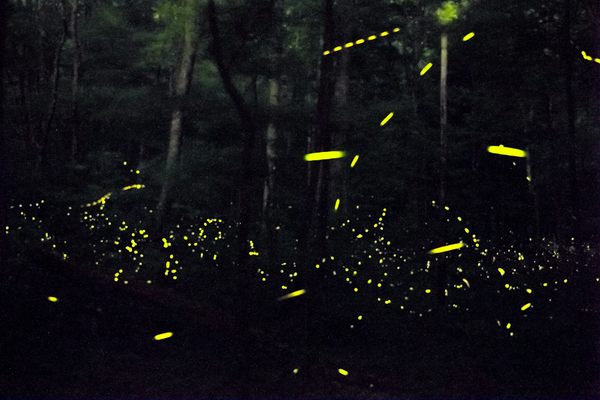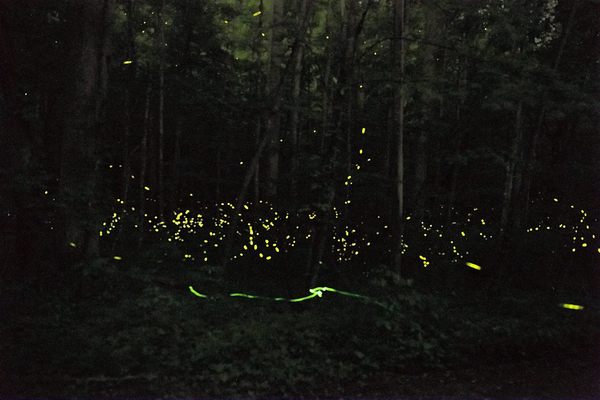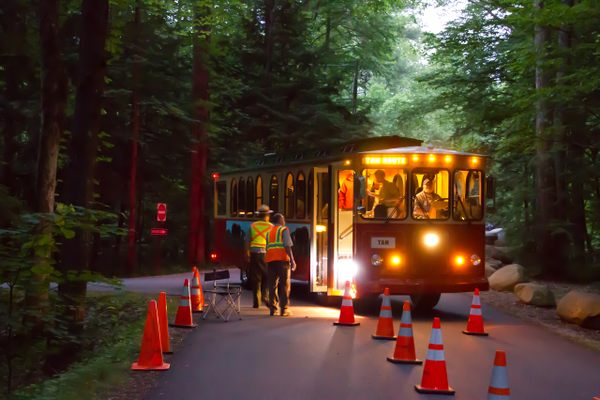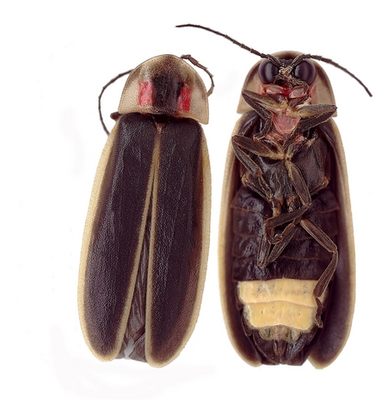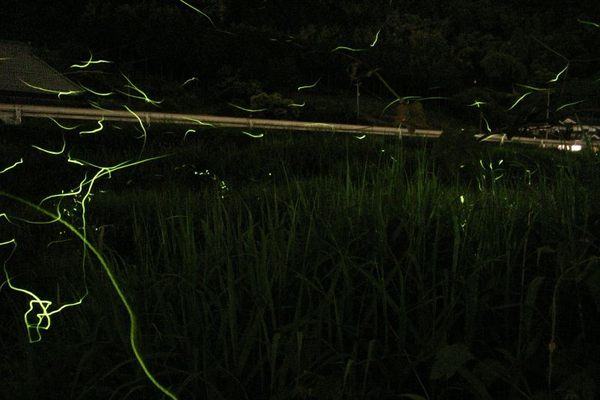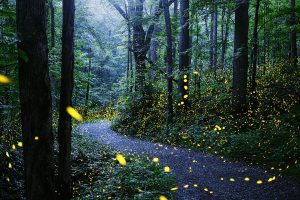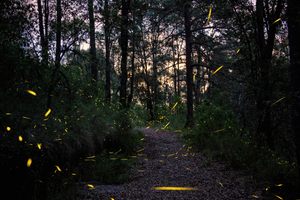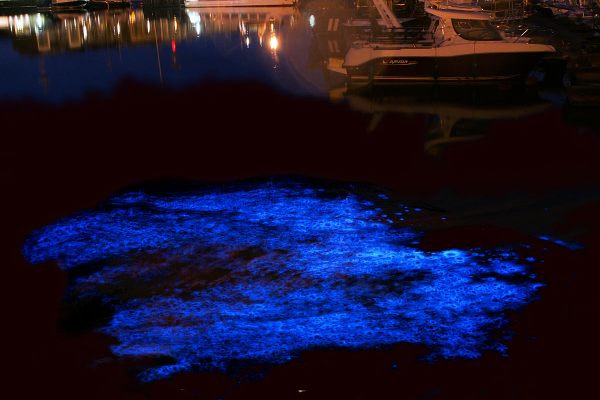About
America's fireflies have been keeping a secret.
In 1680, Dutch physician Engelbert Kaempfer, on a voyage down the Meinam River in Siam, recorded one of the earliest Western accounts of the coordinated flashing of Asian fireflies: “A whole swarm of these insects, having taken possession of one Tree, and spread themselves over its branches, sometimes hide their Light all at once, and a moment after make it appear again with the utmost regularity and exactness, as if they were in perpetual Systole and Diastole.”
The synchronized flashing was a scientific mystery. When Philip Laurent wrote about the phenomenon in the journal Science in 1917, he argued that, “For such a thing to occur among insects is certainly contrary to all natural laws,” and suggested that it was not the fireflies that had flickered in unison, but the observer’s eyelids.
Today, scientists have come to understand how such synchronized flashing can emerge through a process known as “coupled oscillation.”
Long thought to be an exclusively Southeast Asian phenomenon, the dazzling behavior was only discovered in an American firefly species (P. carolinus) in 1992. The American fireflies were first brought to the attention of scientists by a reader of Science News, who thought it odd that an article on Asian firefly synchronicity mentioned nothing about the bugs near her own home.
The woman wrote a letter to a Steven Strogatz, a Cornell mathematician who studies synchronization: "I am sure you are aware of this," she wrote, "but just in case, there is a type of group synchrony lightning bug inside the Great Smoky Mountain National Park near Elkmont, Tennessee. These bugs 'start up' in mid June at 10 p.m. nightly. They exhibit 6 seconds of total darkness; then in perfect synchrony, thousands light up 6 rapid times in a 3 second period before all going dark for 6 more seconds. We have a cabin in Elkmont... and as far as we know, it is only in this small area that this particular type of group synchronized lightning bug exists. It is beautiful."
In 1995, scientists confirmed the existence of the Great Smoky Mountain synchronized fireflies, and have subsequently discovered other populations in the Congaree Swamp in South Carolina and other high-altitude locations in the Appalachian mountains. As this curious phenomenon remained undiscovered for years, it is quite possible that there are other varieties of fireflies blinking in unison throughout the United States, perhaps even in your own backyard.
Related Tags
Know Before You Go
During the second week in June, trolleys run from the Sugarlands Visitor Center to the Little River Trailhead at Elkmont, leaving every 20-25 minutes. If you want to take the shuttle, you must register for the lottery. There are only 1,800 parking spaces, and over 20,000 people enter.
In addition to the trolley, there is parking at the Little River trailhead, and another smaller parking area for the nearby Jakes Creek trail. Handicap spaces are also available. Parking in the National Park requires a parking pass available at multiple kiosks and visitor centers throughout the Park. Passes are NOT for sale at the nearby Elkmont campground.
Community Contributors
Added By
Published
June 21, 2016
